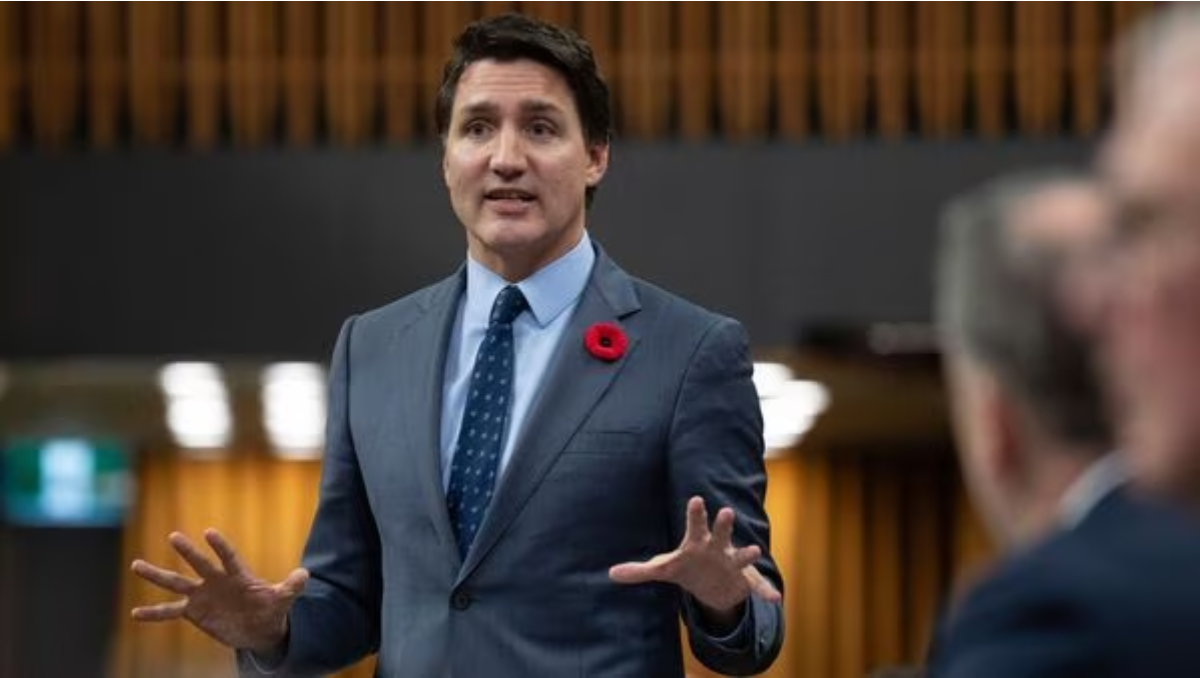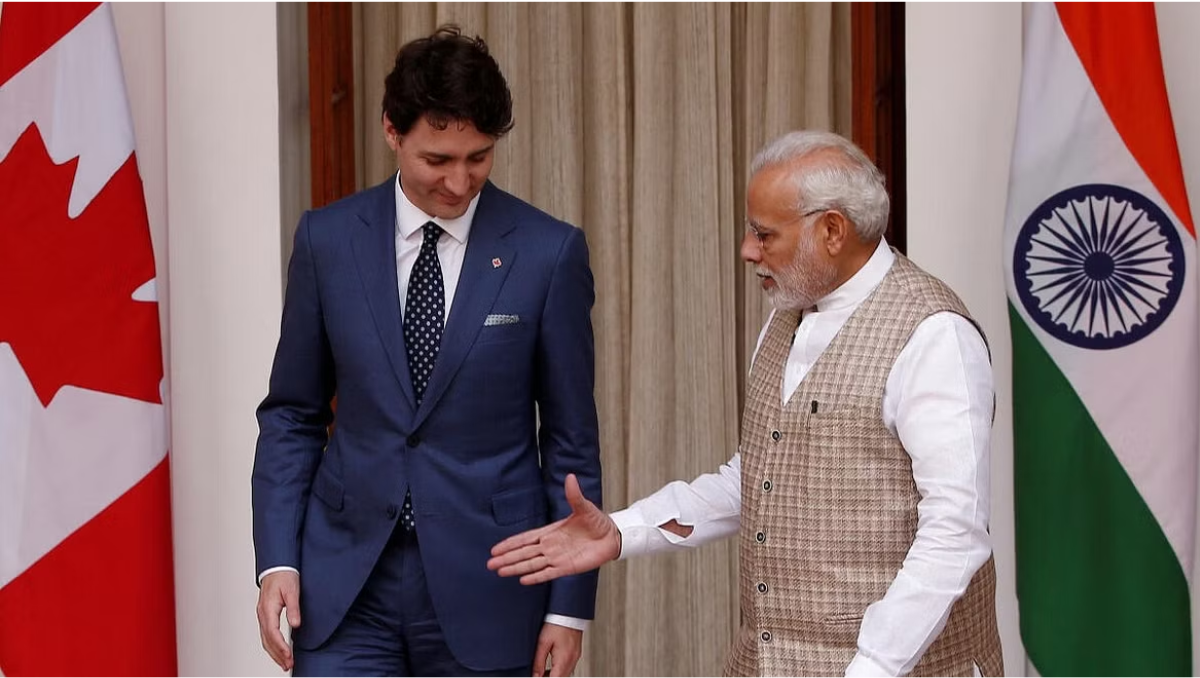India recommends that Canada strengthen its internal regulations to stop the abuse of the right to free speech and outlaw radical organizations.
During a UN Human Rights Council review meeting, India recommended that Canada strengthen its domestic framework to stop the abuse of freedom of expression and prohibit organizations that support extremism.
India recently reminded Canada at the United Nations Human Rights Council (UNHRC) that it should prevent the misuse of freedom of expression for inciting violence and deny room to the extremist groups, even as India’s relations with Canada reached a new low over the death of a Khalistani Sikh terrorist.
Ottawa was also advised by New Delhi to cease attacking communities of color and religious minorities.
India requested that Canada strengthen its domestic framework to forbid the use of freedom of expression to incite violence and to impose restrictions on the actions of organizations that encourage extremism.
K S Mohammed Hussain, the first secretary of the permanent mission of New Delhi to the UN offices in Geneva, made the Indian statement during Canada’s UPR at the UNHRC.
Speaking on the subject at the Council meeting, Indian envoy Mohammed Hussain also mentioned the laws including the National Housing Strategy Act and the Accessible Canada Act.
The Ottawa Liberal Party administration has been accused by New Delhi of disregarding its repeated requests to stop the hardline Khalistani Sikhs from Canada from launching a separatist campaign against India. In addition, New Delhi repeatedly demanded that violent Khalistani Sikh leaders be deported from Canada to India, a demand that the Justin Trudeau administration ignored.

(Image Source : Mint)
Citing the right to free expression, the Trudeau administration has been justifying its decision not to step in and stop the radical Khalistani Sikhs from Canada from launching a campaign against India.
Additionally, they waged hate campaigns against Indian diplomats in Canada, especially in the wake of the June 18 death of Khalistani Tiger Force commander Hardeep Singh Nijjar in a gurdwara parking lot in the province of British Columbia in North America.
The UNHRC envoy from India also asked that Canada strengthen its laws and other policies against hate crimes and hate speech in addition to taking proactive steps to stop attacks on institutions of worship for ethnic and religious minorities.
Over the past few months, a number of Hindu temples in Canada have been vandalized by miscreants suspected of being connected to the Khalistani Sikh network. This appears to be a part of the extremists’ campaign against India.
Trudeau stated on September 18 that his government’s security agencies were actively pursuing the “credible allegations” about “a potential link” between India’s agents and the June 18 killing of Nijjar at Surrey, in the British Columbia province of the country. This claim gave the extremist organization Sikhs for Justice in Canada and other western nations a boost in their anti-India campaign.
Though New Delhi refuted the accusation, it brought the two countries’ bilateral ties to an all-time low.
Each side ejected its ambassador and issued reciprocal travel warnings. India stopped granting Canadian visas after labelling Canada a terrorist haven. It has, however, just resumed providing Canadian nationals with some types of visas.
Additionally, Ottawa was forced by New Delhi to reduce the number of its high commission in India’s capital and its consulates in other cities, which resulted in the departure of 41 Canadian diplomats.



